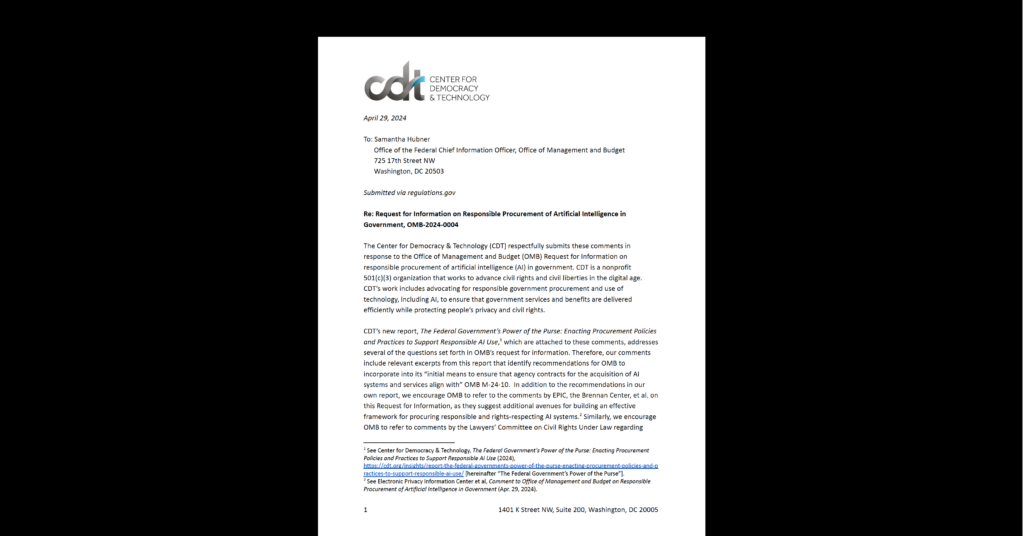New Anti-Piracy Proposal Shows There’s a Better Way
Sen. Ron Wyden and Rep. Darrell Issa today unveiled a legislative proposal which shows that effective anti-piracy measures need not risk extensive collateral damage. The Wyden-Issa discussion draft appears to focus carefully on true bad actors – sites whose function and purpose is to foster large scale infringement. And once bad actors are identified, it takes the “follow the money” approach of cutting them off from payment and advertising networks, thus starving them of their financial lifeblood.
The draft bill therefore avoids the serious pitfalls of SOPA and PIPA, the legislation being aggressively pushed by rights holders. In particular, it doesn’t put at risk every general-purpose service with social networking or cloud-based storage functions. It also doesn’t make the mistake of taking a page from the playbook of China and Iran by directing ISPs to mess with the Internet’s addressing system – an ultimately futile technique that risks undermining cybersecurity, privacy, and the U.S. foreign policy aim of a single, global, open Internet.
I’m sure there is room for discussion and debate about the details of the proposal; for example, the use of the International Trade Commission to investigate complaints is an interesting new wrinkle. With further discussion in mind, Wyden and Issa have taken the unusual step of posting the bill on a public site designed to solicit input.
There is plenty of evidence, though, that a “follow the money” approach indeed offers the most fruitful avenue for making a meaningful difference in the fight against online piracy. Back in May, computer scientists analyzing spam found that credit card payment systems offer a viable chokepoint for controlling spam; cutting off the shady financial companies that spammers rely on could succeed where technical filtering/blocking efforts have failed. And this fall, WikiLeaks announced that financial woes are forcing it to suspend publishing. Technical efforts to censor WikiLeaks had little lasting impact, but being cut off from major financial networks has brought the site to its knees.
These examples point in a clear direction: The most effective way to fight hard-to-prosecute online perpetrators is to “follow the money.” It costs real money to host large volumes of content and buy bandwidth to serve a large user base. If websites can’t make money – through payments from either users or advertisers – it’s hard to see how they can operate on a substantial scale. In short, the ability to cut off a site’s revenue would be a very powerful and effective enforcement tool.
Of course, if what the proponents of anti-piracy legislation really want is a new set of legal tools to go after mainstream online services – witness MPAA chairman Chris Dodd saying that Google is akin to the bank robbery accomplice who drives the getaway car – then they won’t be satisfied with the Wyden-Issa approach. Nor will they be satisfied if – again as suggested by Dodd (“When the Chinese told Google that they had to block sites . . . they managed to figure out how to block sites”) – they want Internet services to start doing the kind of blocking demanded in China. But treating Google and other basic, general-purpose online services as bad actors who should be lumped in with true “rogue sites” is a big part of what has prompted so much opposition to SOPA. And messing with the Internet’s addressing system in an effort to wall off U.S. users from parts of the Internet is what makes SOPA and PIPA such damaging potential precedents for international free expression.
In sum, with this discussion draft, Wyden and Issa have made a very important contribution to this ongoing debate. The draft offers a concrete suggestion for how to create strong anti-piracy tools that don’t throw the Internet baby out with the bathwater. Their proposal deserves to be taken very seriously.


